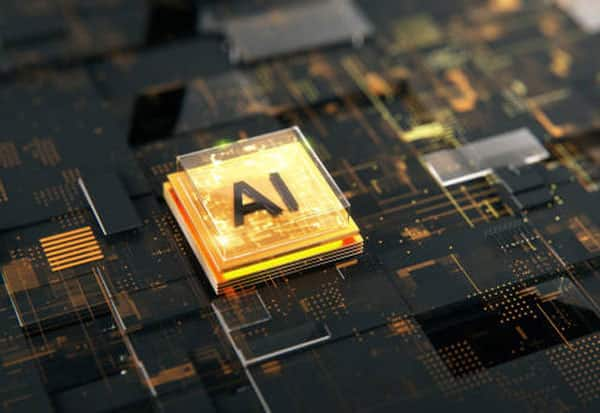/
செய்திகள்
/
Kalvimalar
/
Articles
/
How AI is shaping the classroom of tomorrow?
/
How AI is shaping the classroom of tomorrow?
நவ 01, 2025 10:41 AM
நவ 01, 2025 10:41 AM

The evolving needs of education today demand innovation and creativity in the learning process. In this context, the contribution of Artificial Intelligence (AI) has become indispensable for enhancing daily educational activities, including teaching, learning, and administration.
AI, which models human thinking and simulates intelligent behaviour in machines, is now integrated into numerous educational technology platforms such as virtual learning assistants and intelligent tutoring systems. As technology continues to advance, many routine tasks performed by teachers—such as attendance tracking, grading assignments, conducting assessments, preparing reports, and even delivering lectures—can be efficiently managed by AI-driven systems.
Impact on Teaching and Learning
The emergence of AI represents one of the most significant outcomes of human creativity and innovation since the Industrial Revolution. While machines can imitate human processes, they can never replace the depth of human intelligence and empathy that teachers bring to education. However, by automating repetitive administrative tasks, AI allows educators to focus more on mentoring, fostering creativity, and developing critical thinking among students.
Technology has not only transformed lifestyles but also reshaped the ways people work, learn, and communicate. Continuous innovation has made educational activities more efficient, interactive, and accessible, marking the beginning of a new era in learning supported by artificial intelligence.
Responsible Use and Ethical Considerations
Teachers are increasingly exploring ways to integrate AI into lesson planning—such as using visual tools for vocabulary instruction or personalized learning modules for mathematics. However, the widespread use of AI also brings challenges, especially concerning data privacy and transparency. AI tools often collect and process vast amounts of student data, making it essential for educators to inform students and parents about how the data is used and to obtain proper consent.
By embracing AI responsibly and creatively, the education sector can harness its full potential to improve learning outcomes while maintaining ethical and human-centered practices.


